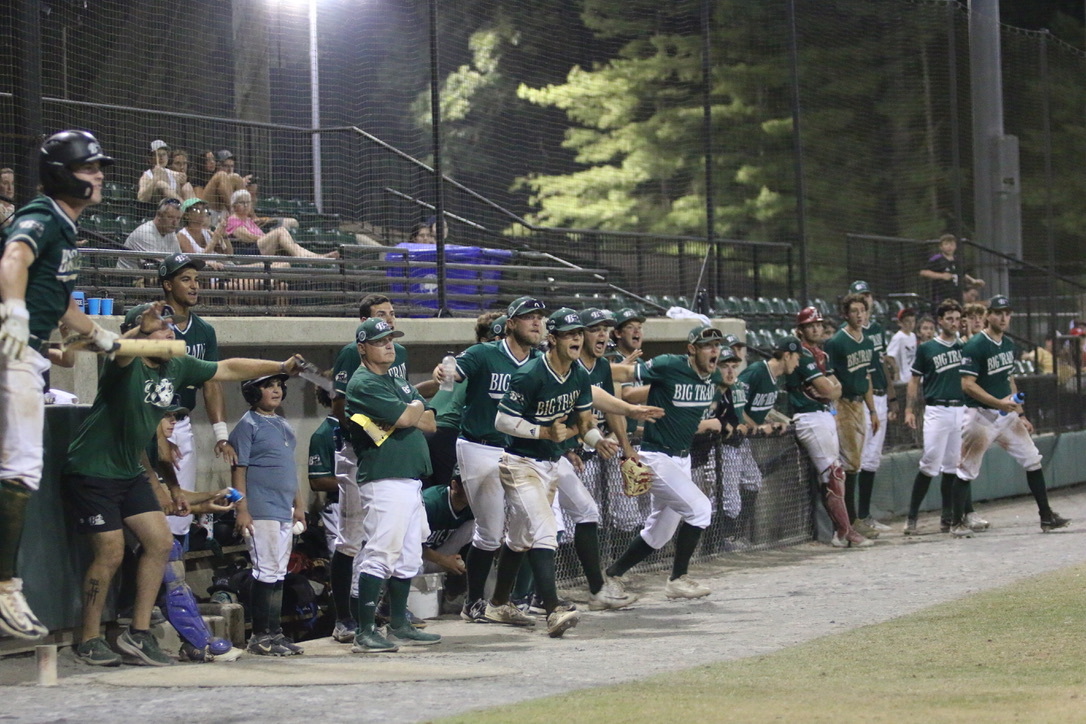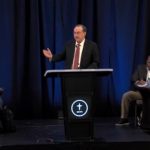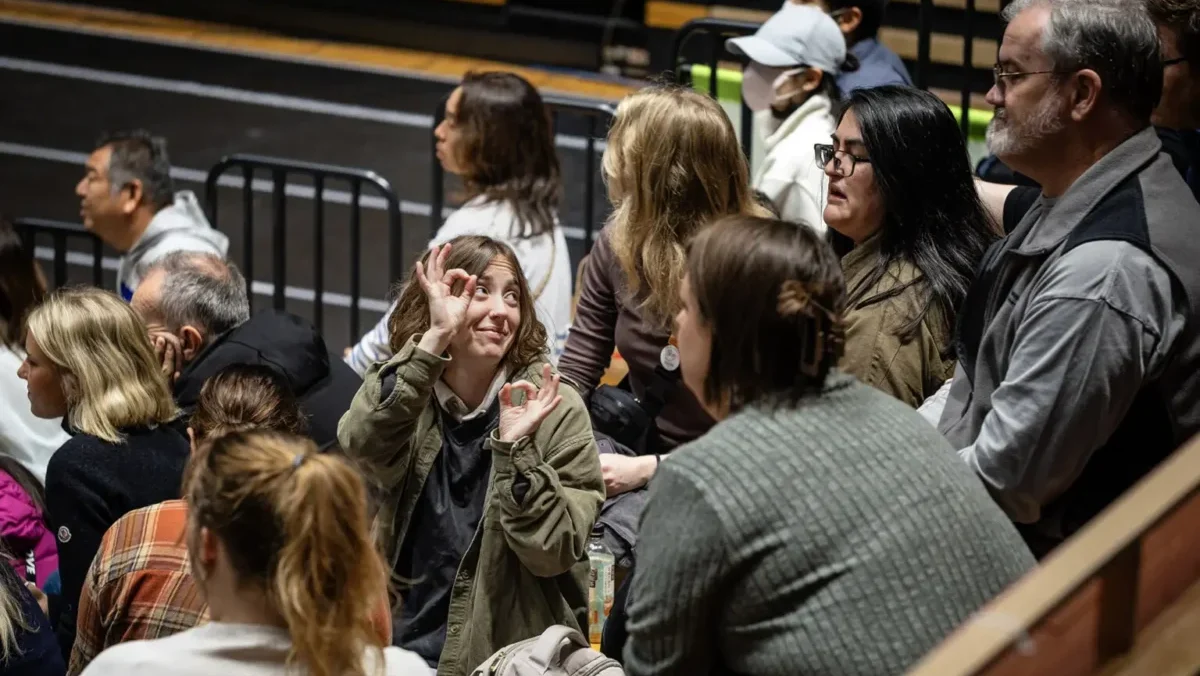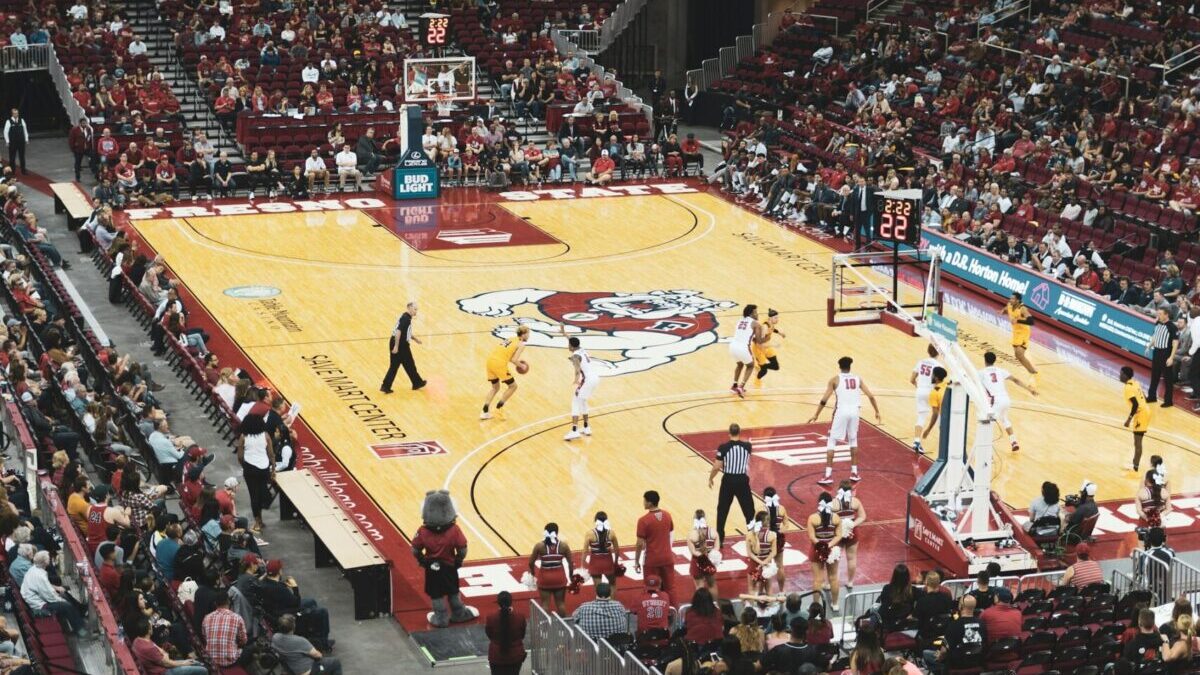After 25 seasons, Bethesda Community Base Ball Club still lives up to its name and original vision — baseball is being used to inspire, develop and maintain a love among players and fans, and it brings together and builds their community in the process.
In 1995, Bruce Adams had a vision that would combine baseball and philanthropy — an idea that would benefit both college players looking for a place to keep playing throughout the summer and children’s teams in need of a field to play on.
Adams took his idea to John Ourisman, a business leader who could help fund Adams’ newfound dream. The two began working together closely and established the Bethesda Community Base Ball Club, baseball being split in two words as it was in the 19th century, according to the club’s website.
Field named after sportswriter
Eventually, the duo, along with the help of others, raised enough money to construct Shirley Povich Field — named for a prominent sportswriter in the mid-20th century — in Cabin John Regional Park in Bethesda, Maryland, an unincorporated area just outside of Washington, D.C.
Bethesda’s home team soon became known at Big Train, a homage to another legendary sports figure, Walter Johnson, who pitched for the Washington Senators for more than 20 seasons. Johnson’s grandson, Hank Thomas, was Big Train’s first general manager when the league held its first season in 1999.
Twenty-five years later, the Adams’ vision for a college level summer league that raised money for youth sports facilities is not lost. The charitable spirit that was behind the founding of BCBBC is alive and well as the league continues offering up a space for college players to play this summer.
‘Vehicle … to fix fields for kids’
“We didn’t create this to have summer college baseball,” Adams said. “We created this as a vehicle to raise money to fix fields for kids.”
Adams said the organization raised more than $500,000 dollars in its first 13 years and has constructed quality baseball fields throughout Montgomery County — where Bethesda is located — and in other cities and towns near D.C.
While the focus is on area youth and creating fields for them to expand upon their love of baseball, Adams said an added advantage in the college summer league is that it could spark a child’s initial interest in the sport and inspire them.
Dedicated fans
He said the club draws crowds of anywhere from 500 to 900, and attendance often depends on the day of the week and how many games in a row they’re playing. Nonetheless, it is a community-based experience that many have lauded as a small-town atmosphere despite being less than 10 miles away from the nation’s capital.
“Maybe my favorite quote in all our 25 years is [from] a friend of John [Ourisman’s] who came up to him in either the first or second summer, and he said, ‘John, when I come to Povich Field, I feel like I live in a small town,’” Adams recalled. “Well, that’s a big deal. All these big, busy people who work a zillion hours have a place to go that feels like a small town.”
The community atmosphere has been key in BCBBC’s success. The field serves as a sort of escape from the hustle and bustle of D.C. life and brings people together in ways that Adams never imagined a quarter of a century ago.
‘One big family’
Lily Stewart, a sports writing intern for BCBBC, affirmed Adams’ assertion that the league truly is “one big family.”
“[Big Train] definitely has a community feel,” Stewart said. “I grew up coming to games when I was really little. … It’s great baseball in your own backyard. It draws people to it.”
Stewart also said the fans love the league. They are invested in what it does for the community, and they show up to support the cause.
“The fans here really care. It might be just 400 people instead of however many thousands you’re getting at the [Washington] Nationals games,” Stewart said. “But those people that are coming really care. They want to get to know you, they really want to help you, they really want to help the players.”
Adams and Stewart both praised the willingness of host families in the area. These families take in Big Train players from a variety of colleges across the nation and give them a place to rest and live during the summer, and they are a vital part in making BCBBC’s season happen each summer.
Far-reaching community
John Daniel has been a loyal Big Train fan throughout the organization’s 25 years. He has bought season tickets each year since 1999.
“[BCBBC] is community-based, volunteer and nonprofit — every community should have something like it,” Daniel said. “[BCBBC] is a delight. … It has tremendous community support, and for the Juneteenth celebration, there were 921 people here.”
He said for 25 nights each summer — the duration of each summer season — they nearly fill up the stadium. He said this clearly illustrated the deep support the organization receives from the community.
“[The support] is only in part because it’s baseball,” Daniel said. “We all like baseball. But also, we like being together.”
The community is bigger than just Bethesda, Daniel said. As each player from wherever they’ve traveled from settles into their host home, a larger community is woven together as the players, their families, their host homes and the fans get to know one another, and the community of Big Train baseball becomes something that extends far beyond the unincorporated town of Bethesda.










